
Modern Times in the Vredefort Dome
Fertile Soils
In the two billion years since the traumatic Vredefort impact, the environment had slowly recovered and all was now well in the Dome.
New rocks continued to form, covering the crater structure in the south east. Erosion irrevocably wore down the jumbled rocks to form fertile soils.
The Vaal River cut its way through the granite uplift, flowing in a westerly direction towards the sea.
All in all, it was a lovely place with good water, lots of plant life and abundant game.
By
David Fleminger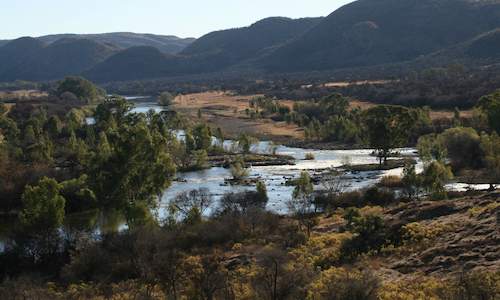
Master of the Dome was a remarkably resilient boer commander called Christiaan de Wet. He was a constant thorn in the side of the British bu...
more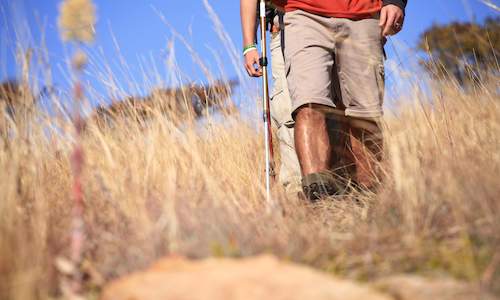
Things were pretty peaceful on the Highveld of South Africa for most of the 1700s. Then, in the 1800s, two new groups of settlers arrived an...
more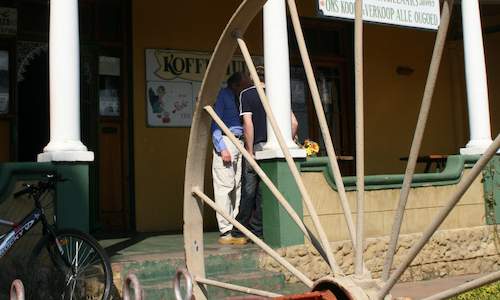
The iron age was brought to southern Africa by the Bantu, who arrived from the north. These migrants brought with them new technologies, suc...
more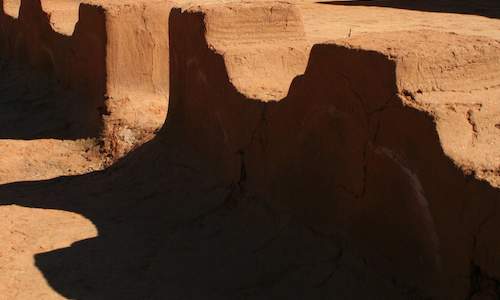
Our species’ direct involvement with the Dome can only be traced back to the Later Stone Age (between 25 000 and 2000 years ago). The evid...
more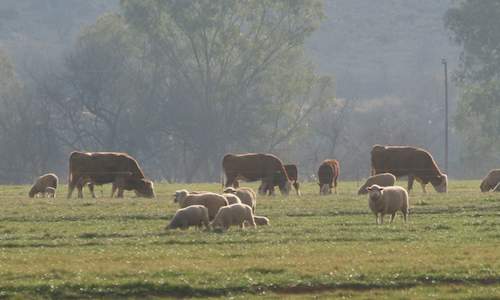
After the 2nd Anglo-Boer War ended, the economy of the Vredefort region was devastated. Many farmers returned to blackened fields and hundre...
more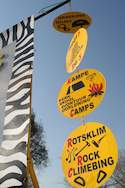
 Master of the Dome was a remarkably resilient boer commander called Christiaan de Wet. He was a constant thorn in the side of the British bu...
Master of the Dome was a remarkably resilient boer commander called Christiaan de Wet. He was a constant thorn in the side of the British bu... Things were pretty peaceful on the Highveld of South Africa for most of the 1700s. Then, in the 1800s, two new groups of settlers arrived an...
Things were pretty peaceful on the Highveld of South Africa for most of the 1700s. Then, in the 1800s, two new groups of settlers arrived an... The iron age was brought to southern Africa by the Bantu, who arrived from the north. These migrants brought with them new technologies, suc...
The iron age was brought to southern Africa by the Bantu, who arrived from the north. These migrants brought with them new technologies, suc... Our species’ direct involvement with the Dome can only be traced back to the Later Stone Age (between 25 000 and 2000 years ago). The evid...
Our species’ direct involvement with the Dome can only be traced back to the Later Stone Age (between 25 000 and 2000 years ago). The evid... After the 2nd Anglo-Boer War ended, the economy of the Vredefort region was devastated. Many farmers returned to blackened fields and hundre...
After the 2nd Anglo-Boer War ended, the economy of the Vredefort region was devastated. Many farmers returned to blackened fields and hundre...